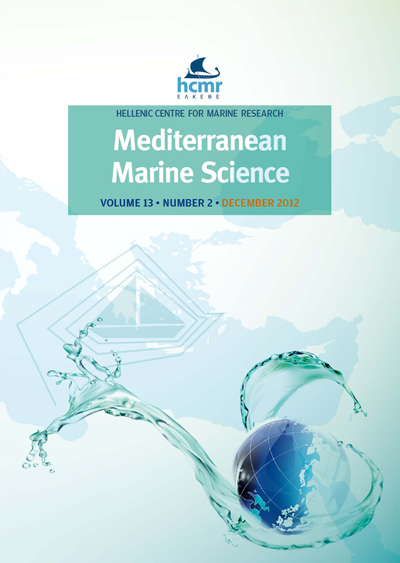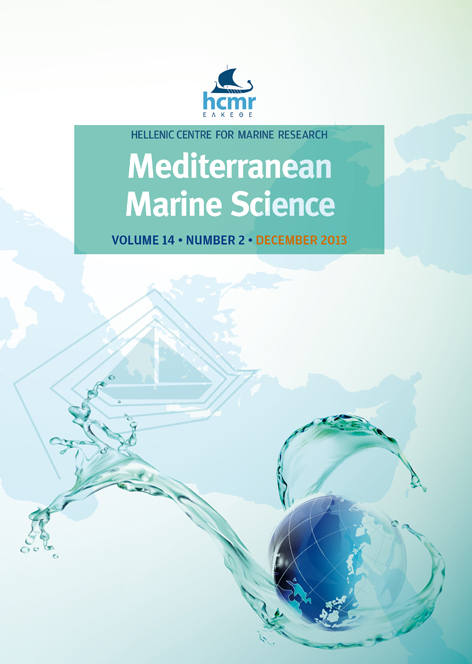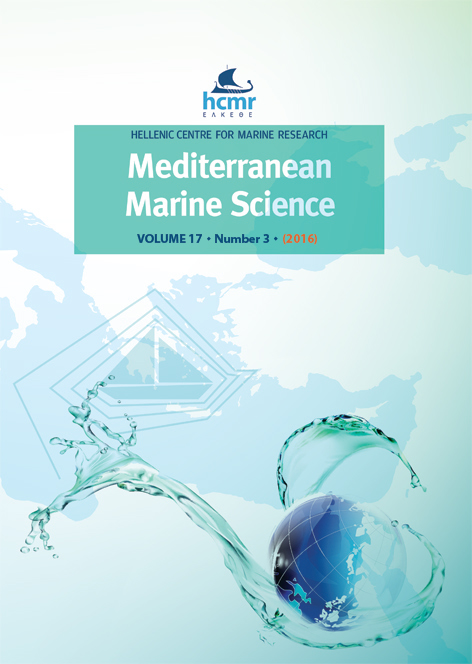New records of recently described chemosymbiotic bivalves for mud volcanoes within the European waters (Gulf of Cádiz)
Περίληψη
European waters is still quite scarce. This study reports the presence of living populations and shell remains of some recently described bivalves such as Lucinoma asapheus, Solemya elarraichensis and Acharax gadirae as well as Bathymodiolus sp. in the mud volcanoes of the Spanish Atlantic waters. Living populations of these species were thus far only found in Anastasya, Aveiro and Almazán mud volcanoes, together with other chemosymbiotic metazoa (Siboglinum spp.), suggesting the presence of moderate seepage activity. In other mud volcanoes (Albolote, Gazul), the benthic communities are dominated by sessile filter feeders on authigenic carbonates (chimneys, slabs) and only the shell remains of some chemosymbiotic bivalves were found, indicating earlier or very low seepage conditions. The present study elaborates on the known distribution of L. asapheus and S. elarraichensis to the European waters of the Gulf of Cádiz.
Λεπτομέρειες άρθρου
- Πώς να δημιουργήσετε Αναφορές
-
RUEDA, J., URRA, J., GOFAS, S., LOPEZ-GONZALEZ, N., FERNANDEZ-SALAS, L., & DIAZ-DEL-RIO, V. (2012). New records of recently described chemosymbiotic bivalves for mud volcanoes within the European waters (Gulf of Cádiz). Mediterranean Marine Science, 13(2), 262–267. https://doi.org/10.12681/mms.307
- Τεύχος
- Τόμ. 13 Αρ. 2 (2012)
- Ενότητα
- Research Article
Authors who publish with this journal agree to the following terms:
- Authors retain copyright and grant the journal right of first publication with the work simultaneously licensed under a Creative Commons Attribution Non-Commercial License that allows others to share the work with an acknowledgement of the work's authorship and initial publication in this journal.
- Authors are able to enter into separate, additional contractual arrangements for the non-exclusive distribution of the journal's published version of the work (e.g. post it to an institutional repository or publish it in a book), with an acknowledgement of its initial publication in this journal.
- Authors are permitted and encouraged to post their work online (preferably in institutional repositories or on their website) prior to and during the submission process, as it can lead to productive exchanges, as well as earlier and greater citation of published work (See The Effect of Open Access).








